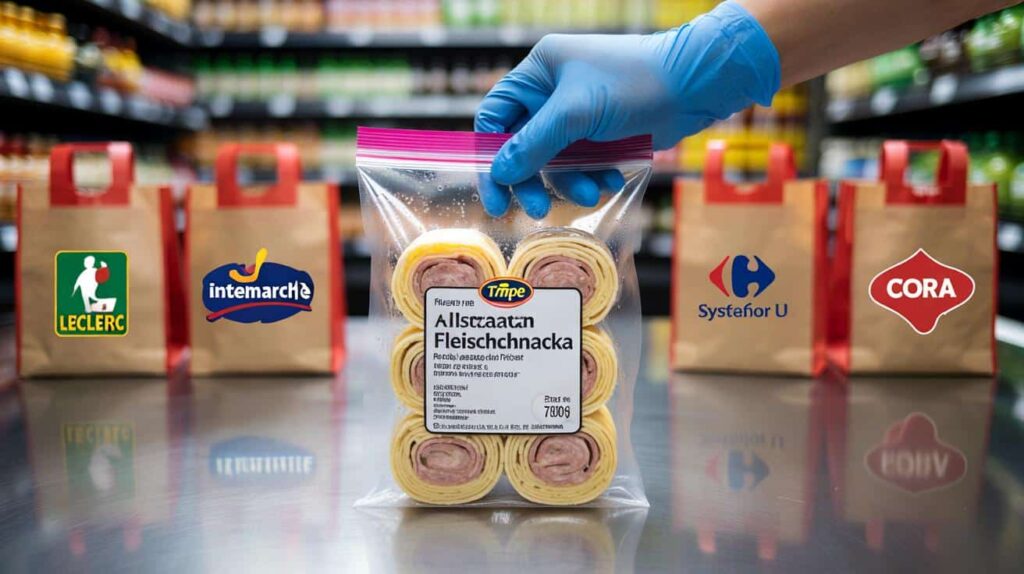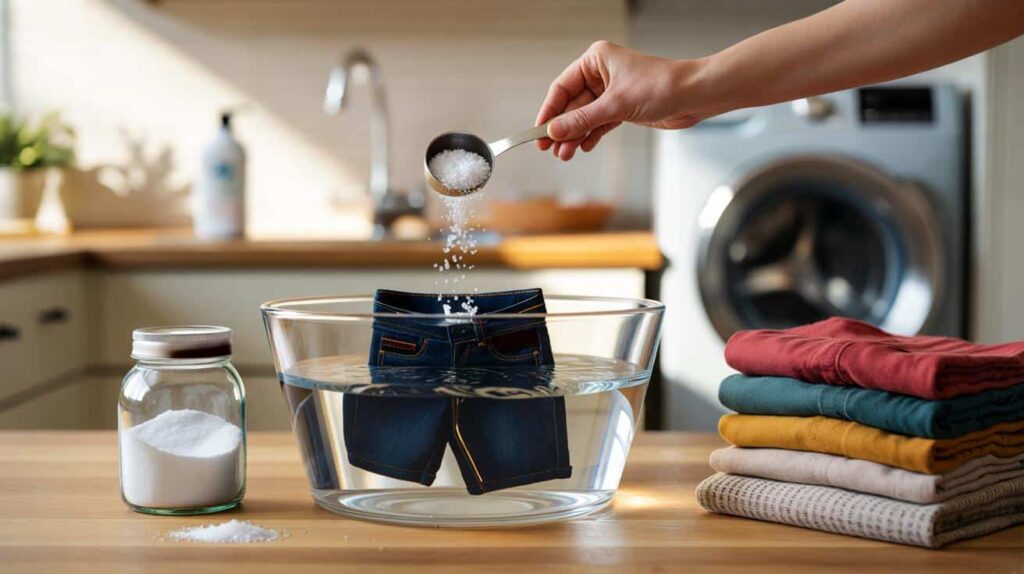Your nose begins to itch, your voice resembles gravel, and your to-do list suddenly appears overwhelming. We’ve all experienced this—wrapped in a blanket, phone in hand, seeking relief that doesn’t taste artificial.
It’s early in the morning, the kitchen is peaceful, and the kettle releases a gentle cloud into the atmosphere. A spoon stirs in honey, slow and golden, while a lemon rests on the cutting board, gleaming like a small sun. Steam caresses the cup, you squeeze the wedge, and the room fills with that vibrant citrus scent that somehow embodies hope. Your first sip is a small ritual, both familiar and new each time. What if relief resides in your kitchen?
The science in a mug: why this duo soothes a cold
Honey doesn’t merely add sweetness; it provides comfort. It creates a thin, sticky layer that coats the throat, suppressing the cough reflex and alleviating that raw, scratchy sensation. Lemon contributes acidity, fragrance, and a boost of vitamin C that makes each breath feel fresher.
In a frequently referenced Pediatrics study, children who consumed honey before bedtime coughed less and enjoyed better sleep compared to those who received cough syrup. A 2020 review in BMJ Evidence-Based Medicine found that honey alleviated upper-respiratory symptoms more effectively than standard care. In the UK, public health guidelines even recommend honey for uncomplicated coughs. It excels in both comfort and evidence.
There’s also a sensory aspect at play. Warmth expands blood vessels and loosens mucus, the tangy flavor of lemon cuts through post-nasal drip, and that floral sweetness offers your brain a small reward. Together, the cup alters how your throat feels and how your body reacts. It’s chemistry meeting comfort.
Make it right: small adjustments that provide significant relief
Heat water until it’s hot but not boiling. Stir in 1–2 teaspoons of raw honey until it dissolves, then add fresh lemon juice to your liking. Aim for a bright, gentle tang, not an overwhelming sourness. Sip slowly, allowing the liquid to linger on your throat before swallowing.
Many people pour boiling water directly onto honey. This can mute flavor and some delicate compounds. Allow the water to cool for a minute first—think warm, not boiling. And use a real lemon. Bottled juice is acceptable in a pinch, but the aroma from fresh zest elevates the entire cup. Let’s be honest: not everyone does this daily. Try it once this week.
“The first sip doesn’t cure a cold. It makes your body feel nurtured enough to rest, and that’s when recovery accelerates.”
- Time it: a cup before bed can lessen nighttime coughing.
- Go gentle: add lemon gradually if your throat is very sore.
- Pair it: drink water alongside to maintain hydration.
- Mind safety: under 1 year: never give honey due to the risk of botulism.
What to do, what to avoid, and where the boundary lies
We’ve all experienced that moment when the room is dim, the cough won’t cease, and you just need something effective right now. A honey-lemon cup can quell the urge to cough, ease swallowing, and guide you toward sleep. Even a 10% improvement in your night can feel miraculous at 3 a.m.
Use this mixture two to four times a day during the initial sticky phase of a cold. If you’re monitoring blood sugar, keep the honey modest and think of it as medicine, not a treat. Add ginger slices or a dash of cinnamon if you prefer; both provide warmth without overshadowing the main flavors.
This isn’t a cure. It’s a well-targeted comfort. Most colds resolve within a week to ten days, and this cup helps you navigate the discomfort with fewer bumps. If you experience a high fever, shortness of breath, chest pain, or symptoms that continue to worsen, seek medical attention. Simple rule: home remedy first, doctor when the situation changes.
Small ritual, quick relief, better days
This is the type of habit that requires just a few minutes and rewards you with hours of steadier breathing and quieter nights. The flavor makes rest feel appealing, and rest is what your immune system craves. That’s the subtle magic of the mug—less struggle, more ease.
Some individuals swear that the lemon cuts through the fog in their head. Others find their cough softens enough to make a call without muting every couple of sentences. You might not time it with a stopwatch. You’ll notice it in the way the day unfolds.
When your body is in need of care, simplicity can be surprisingly powerful.
| Key Point | Detail | Reader Benefit |
|---|---|---|
| Honey calms cough | Coats the throat and modulates the cough reflex; supported by clinical studies | Fewer nighttime awakenings and less irritation |
| Lemon lifts and refreshes | Acidity cuts mucus; vitamin C supports normal immune function | Breathing feels clearer and swallowing easier |
| Temperature matters | Hot but not boiling preserves aroma and delicate compounds | Better flavor and consistent soothing effect |
FAQ :
- Does honey really work better than cough syrup?For uncomplicated coughs, research indicates honey can reduce frequency and severity more than common over-the-counter options. It won’t cure the cold, but it often aids in sleep.
- What’s the best honey for this?Any quality honey is suitable. Some prefer darker varieties or manuka for a richer flavor. Choose what you’ll actually use.
- How often can I drink honey-lemon?Two to four cups a day during acute symptoms is typical. Space them out, and keep total honey intake moderate.
- Can kids have it?Yes for children over one year. Never give honey to infants under 12 months due to the risk of botulism. For toddlers, keep portions small and lukewarm.
- What if I have diabetes or I’m watching sugar?Use less honey, sip slowly, and factor it into your carb plan. Consider adding ginger or more lemon for flavor without extra sweetness.








